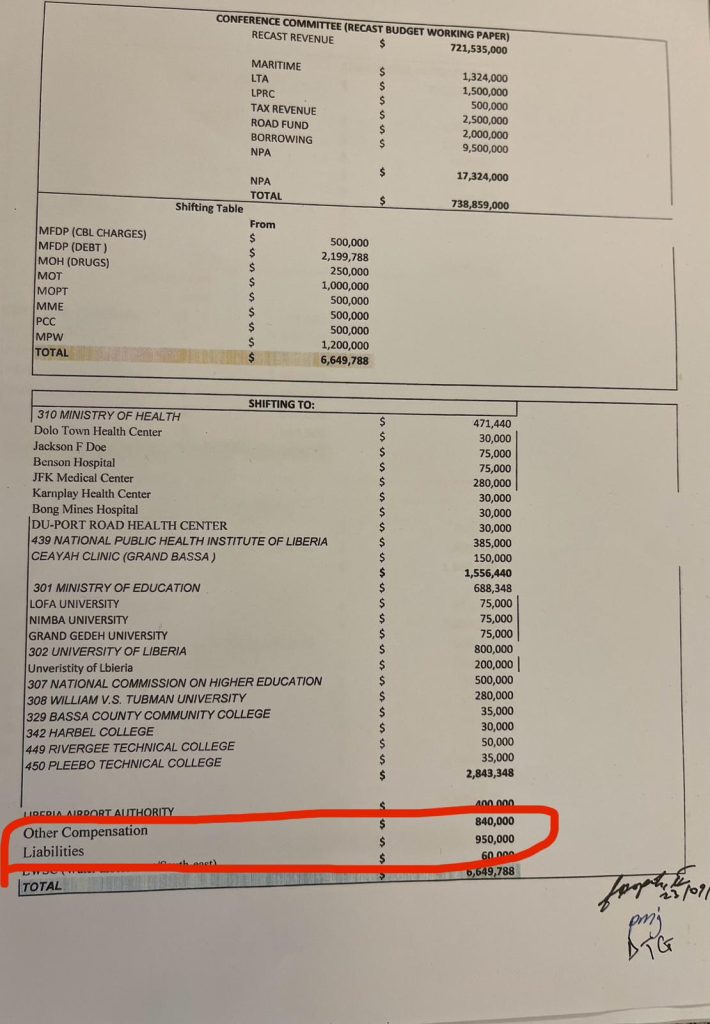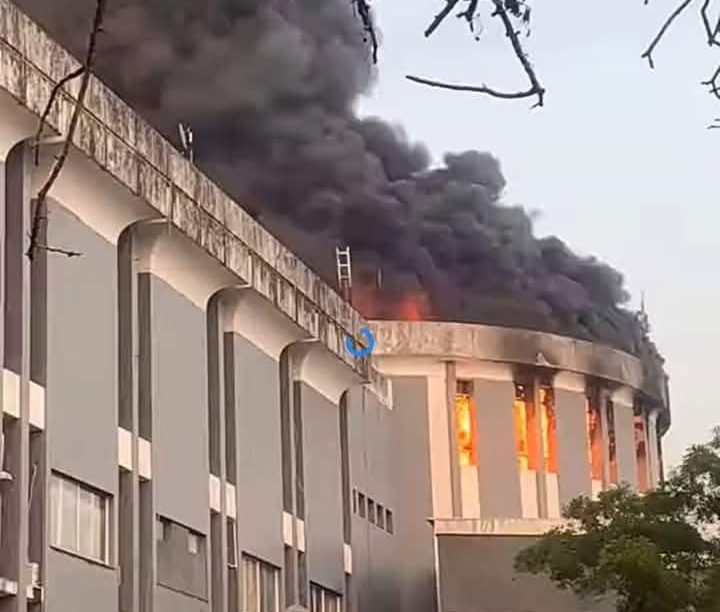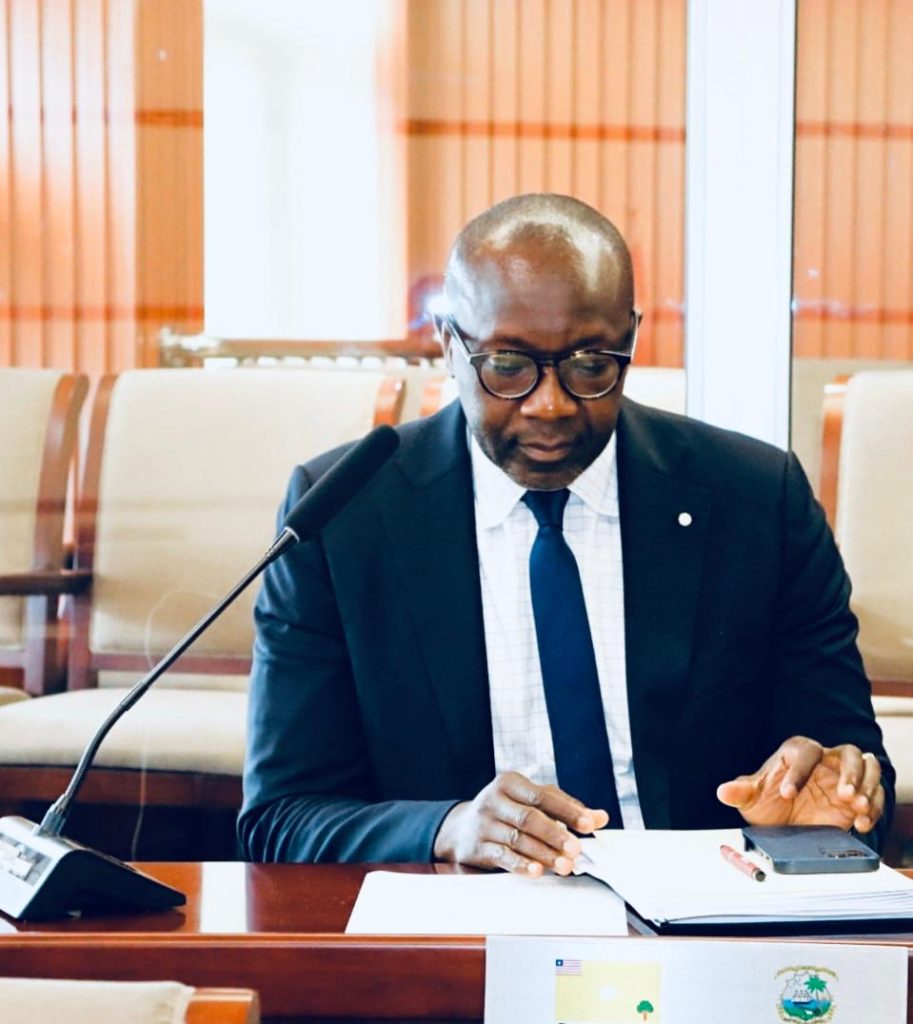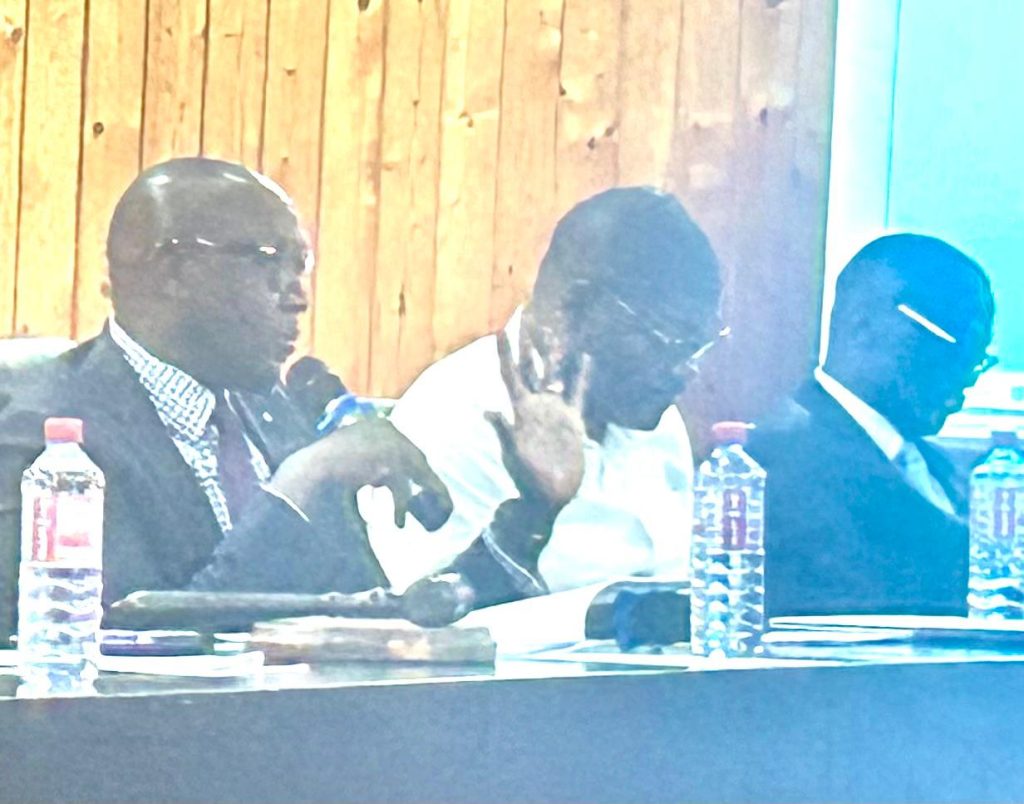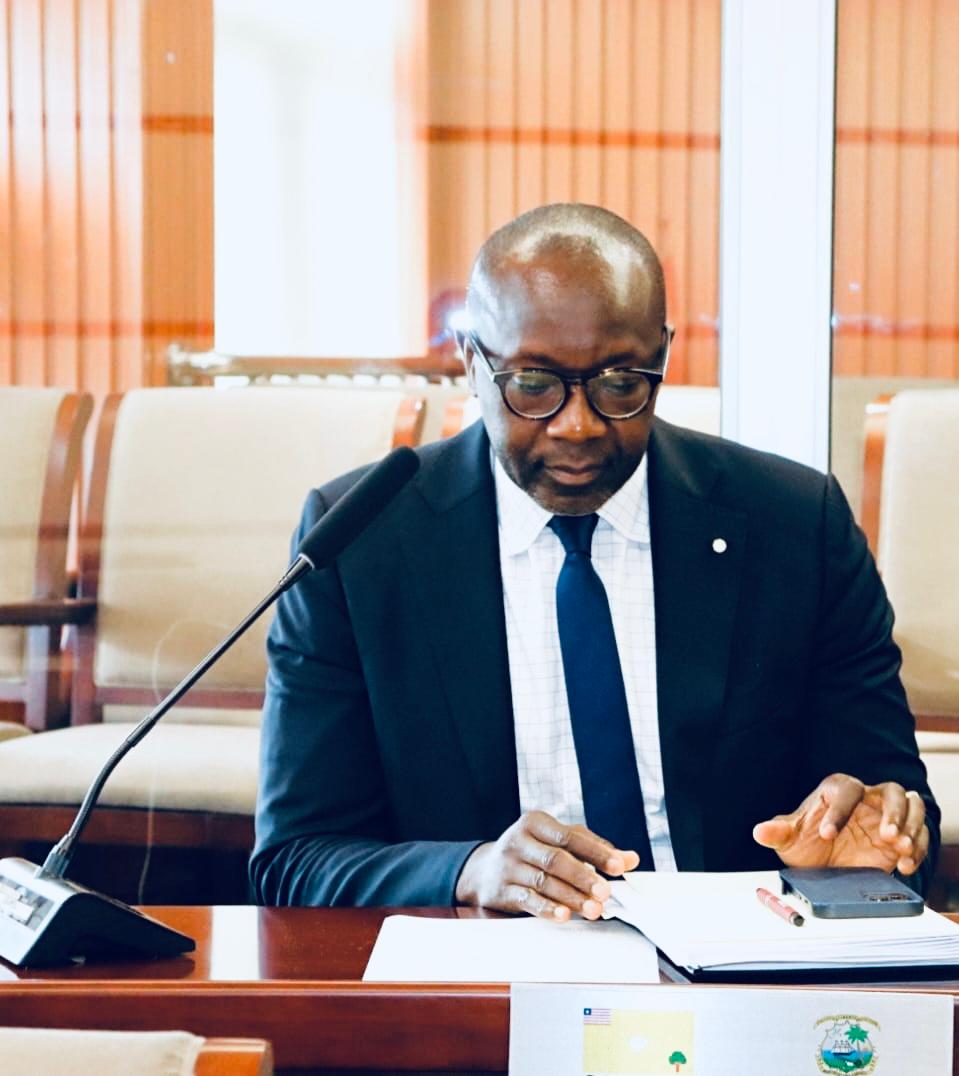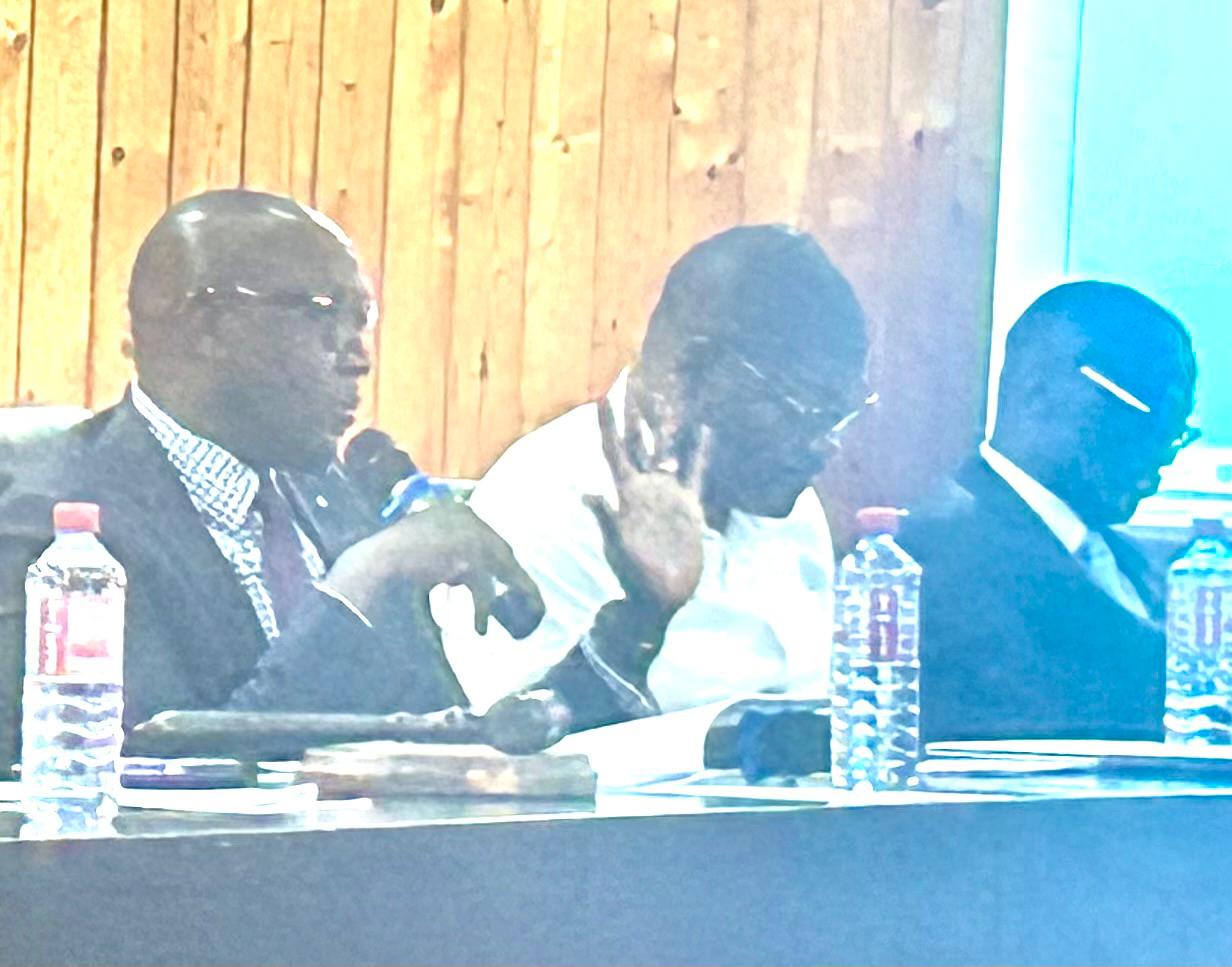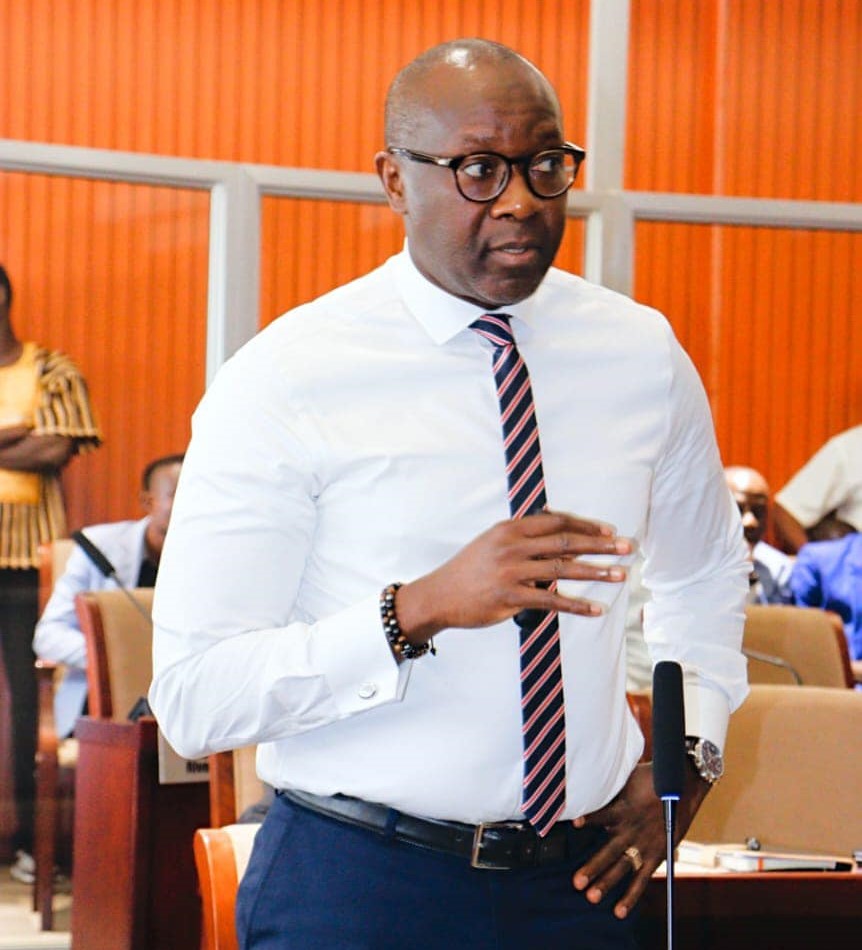Why I Did Not Vote for the Recast FY2024 Budget
By Senator Amara Konneh
Gbarpolu County
Last night, chaos erupted during the Liberian Senate’s budget proceedings due to an undemocratic budget vote. I want to emphasize that I did not support the recast budget. Although I couldn’t influence the final language of the total Government of Liberia recast budget bill, it’s crucial for me to convey to my constituents and all Liberians that my vote reflects my fundamental beliefs. Along with other Senators, I left the session to demonstrate my dedication to upholding democratic processes, principles, and transparent governance.
I chose not to support the recast budget last night for a few reasons.
First, I think there is a lack of transparency and credibility in allocating $1.7 million for ‘Other Compensation and Liabilities.’ It would benefit the Liberian people to understand who the funds are being paid to and for what specific services. Additionally, providing information on the nature of the liabilities, how they were incurred, and by whom would help to address any concerns.
Second, the Executive reduced the health budget in the recast, sparking protests from Senators. However, the Legislature’s Conference Committee, set up by the Speaker and Pro Temp, has taken steps to reallocate restored health funding to health centers in Bassa, Bong, Nimba, and Montserrado. Unfortunately, as of September 5, 2024, hospitals and health centers in Western Liberia – Bomi, Cape Mount, and Gbarpolu Counties – have only received about 10% of their allocated funds. For example, the Emirates Hospital in Gbapolu has only received $37,000. In contrast, the other 14 health centers in six districts have received only $50,000 collectively, averaging approximately $3,571 for nine months of operation. This situation is the same in the southeastern region. It is deeply concerning and requires urgent attention to ensure adequate support for these essential healthcare facilities.
Third, most primary and secondary schools in Liberia have reopened, but they currently face challenges in providing quality education. There is a lack of benches, instructional materials, and, in some cases, teachers. The Executive Branch initially proposed cuts to education funding in the recast, which caused concern in the Senate. However, after protests by Senatore, the legislature restored the cuts. Disappointingly, all the “restored” funds were reallocated to tertiary education instead of our teacher training institute to strengthen their capacity to support the primary and secondary education sectors. It’s important to note that allocating “restored” funds to specific colleges has raised questions.
Finally, I believe it’s essential to consider the impact of the proposed cuts on the agriculture, energy, and environment sectors. These sectors play a critical role in food security and fueling the economy, and cutting their funding could have negative consequences. For example, defunding the energy sector could limit the ability of organizations like the Liberia Electricity Corporation and the Rural and Renewable Energy Agency to provide stable and affordable electricity, which is essential for supporting businesses and households and increasing domestic revenues. This could lead to increased challenges for businesses and families, potentially resulting in a greater reliance on imported foods and generators that pollute the environment. It’s important to consider the potential long-term effects of these proposed cuts carefully.
These issues require our immediate attention. Without adequate access to essential medicines, more lives are at risk. Many children cannot attend public schools due to a lack of resources, and their families cannot afford private education. Addressing these challenges and ensuring inclusive and equitable development for all our constituents is essential.
This recast budget lacks transparency and credibility. How can we oversee the passage of a non-transparent budget after the previous alteration scandal? Are we committed to good governance, or have we given up on our country? The current hardships in the country fall far short of my expectations, including those of my friends who supported change, the voters in Gbarpolu County who sent me to the Senate, and the rest of the country who voted for change.
Nine months have passed, and the government has yet to fully emerge from hibernation. The people are increasingly expressing a sense of subdued disappointment and frustration. I hope fellow Senators who think I am too critical and my friends from the “Rescue” group can read this with an objective perspective.
